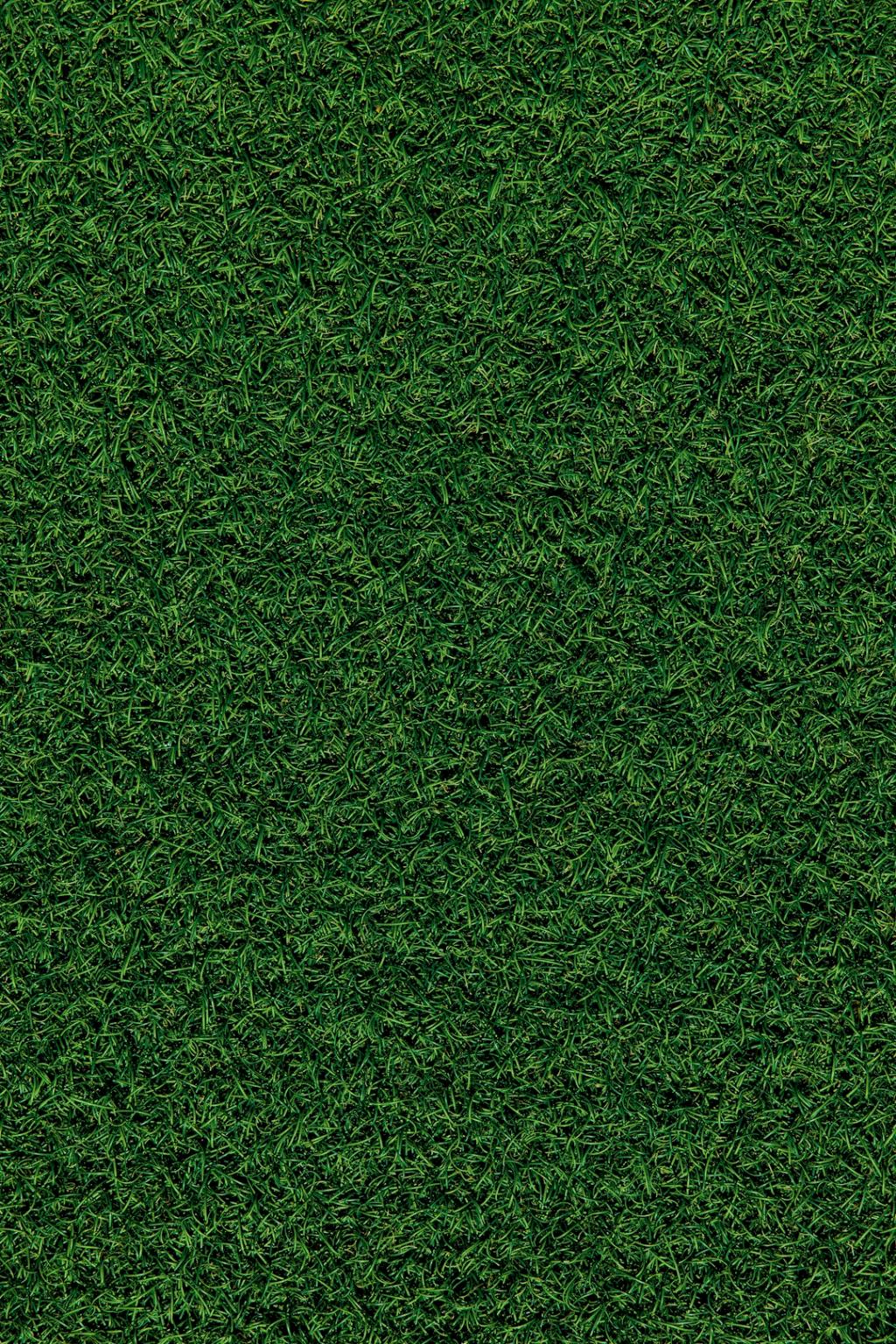When it comes to the question of mowing the lawn in the rain, there are several factors to consider before making a decision. It’s important to think about how the moisture from the rain can impact the process and overall health of your lawn.
Mowing a wet lawn is generally not recommended due to a number of potential issues that can arise during the mowing process. One of the main concerns is that wet grass tends to clump together, leading to an uneven cut and an overall less attractive appearance for your lawn.
In addition to the aesthetic concerns, the weight of the mower can also have negative effects when used on a wet lawn. The moisture in the grass and soil can make the ground softer, which may result in the mower compressing the soil and potentially causing damage to the grass roots.
Another issue to consider when mowing in the rain is the potential for the mower to become clogged more easily. The wet grass can stick to the underside of the mower deck, leading to decreased efficiency and potentially damaging the mower in the long run.
Furthermore, mowing a wet lawn can be more challenging and physically demanding than mowing a dry lawn. The mower may have a harder time cutting through the damp grass, requiring more effort on your part to push the mower and achieve a clean cut.
It’s important to also keep in mind the safety aspects of mowing in the rain. Wet conditions can make the grass slippery, increasing the risk of accidents and injuries while operating the mower. Additionally, the wet grass can conceal obstacles that may pose a danger during the mowing process.
In some cases, however, mowing the lawn in the rain may be necessary due to time constraints or other factors. If you find yourself in a situation where mowing in wet conditions is unavoidable, there are some tips to follow to minimize potential damage and ensure a more successful mowing experience.
Before mowing in the rain, it’s important to make sure that your mower is in good working condition and equipped with sharp blades. Dull blades can tear the wet grass rather than cleanly cutting it, leading to a less polished appearance for your lawn.
Additionally, it’s a good idea to mow at a higher setting than usual when mowing in wet conditions. This can help prevent the grass from being cut too short, which can stress the grass and make it more susceptible to damage.
After mowing in the rain, it’s important to clean your mower thoroughly to remove any wet grass clippings that may have accumulated. This can help prevent clogs and maintain the overall health and performance of your mower.
In conclusion, while mowing the lawn in the rain is generally not recommended due to the potential for issues such as clumping, soil compression, mower clogging, and safety hazards, there are times when it may be necessary. By following best practices and taking precautions, you can minimize the risks and ensure a more successful mowing experience in wet conditions.

